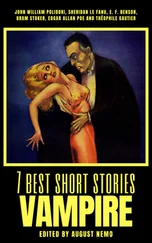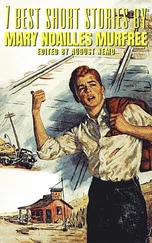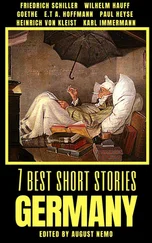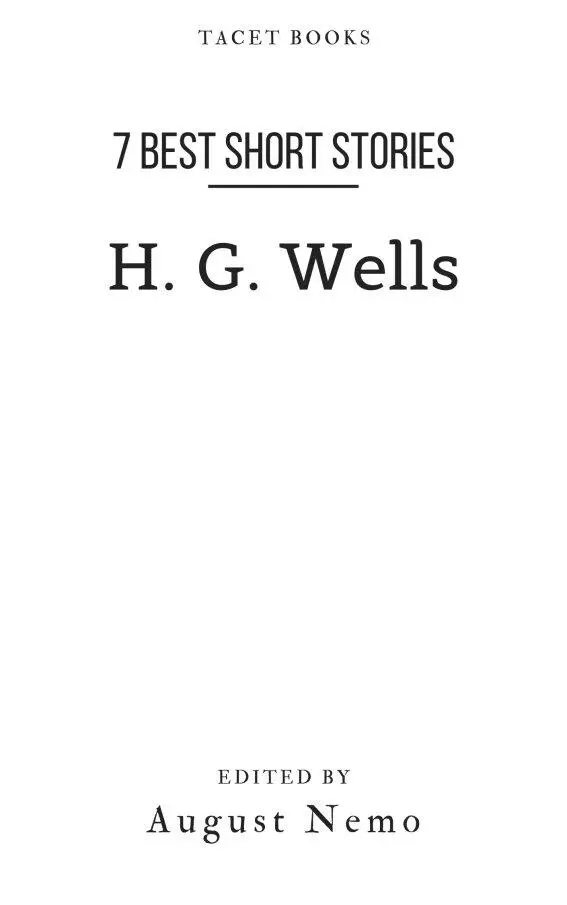
Title Page
The Author
H. G. Wells
The Time Machine
A Dream of Armageddon
The Crystal Egg
The Man Who Could Work Miracles
The Flowering of the Strange Orchid
The Sea Riders
The Apple
About the Publisher


Herbert George Wells (21 September 1866 – 13 August 1946) was an English writer. Prolific in many genres, he wrote dozens of novels, short stories, and works of social commentary, history, satire, biography and autobiography. His work also included two books on recreational war games. Wells is now best remembered for his science fiction novels and is often called the "father of science fiction", along with Jules Verne and the publisher Hugo Gernsback.
During his own lifetime, however, he was most prominent as a forward-looking, even prophetic social critic who devoted his literary talents to the development of a progressive vision on a global scale. A futurist, he wrote a number of utopian works and foresaw the advent of aircraft, tanks, space travel, nuclear weapons, satellite television and something resembling the World Wide Web. His science fiction imagined time travel, alien invasion, invisibility, and biological engineering. Brian Aldiss referred to Wells as the "Shakespeare of science fiction".Wells rendered his works convincing by instilling commonplace detail alongside a single extraordinary assumption – dubbed “Wells's law” – leading Joseph Conrad to hail him in 1898 as "O Realist of the Fantastic!". His most notable science fiction works include The Time Machine (1895), The Island of Doctor Moreau (1896), The Invisible Man (1897), The War of the Worlds (1898) and the military science fiction The War in the Air (1907). Wells was nominated for the Nobel Prize in Literature four times.
Wells's earliest specialised training was in biology, and his thinking on ethical matters took place in a specifically and fundamentally Darwinian context. He was also from an early date an outspoken socialist, often (but not always, as at the beginning of the First World War) sympathising with pacifist views. His later works became increasingly political and didactic, and he wrote little science fiction, while he sometimes indicated on official documents that his profession was that of journalist. Novels such as Kipps and The History of Mr Polly, which describe lower-middle-class life, led to the suggestion that he was a worthy successor to Charles Dickens, but Wells described a range of social strata and even attempted, in Tono-Bungay (1909), a diagnosis of English society as a whole. Wells was a diabetic and co-founded the charity The Diabetic Association (known today as Diabetes UK) in 1934.


by J. D. Beresford [1]
––––––––

INTRODUCTION - THE NORMALITY OF MR WELLS
In his Preface to the Unpleasant Plays, Mr Shaw boasts his possession of "normal sight." The adjective is the oculist's, and the application of it is Mr Shaw's, but while the phrase is misleading until it is explained to suit a particular purpose, it has a pleasing adaptability, and I can find none better as a key to the works of Mr H.G. Wells.
We need not bungle over the word "normal," in any attempt to meet the academic objection that it implies conformity to type. In this connection, the gifted possessor of normal sight is differentiated from his million neighbours by the fact that he wears no glasses; and if a few happy people still exist here and there who have no need for the mere physical assistance, the number of those whose mental outlook is undistorted by tradition, prejudice or some form of bias is so small that we regard them as inspired or criminal according to the inclination of our own beloved predilection. And no spectacles will correct the mental astigmatism of the multitude, a fact that is often a cause of considerable annoyance to the possessors of normal sight. That defect of vision, whether congenital or induced by the confinements of early training, persists and increases throughout life, like other forms of myopia. The man who sees a ball as slightly flattened, like a tangerine orange too tightly packed (an "oblate spheroid" would be the physicist's brief description), seeks the society of other men who share his illusion; and the company of them take arms against the opposing faction, which is confirmed in the belief that the ball is egg-shaped, that the bulge, in fact, is not "oblate" but "prolate."
I will not elaborate the parable; it is sufficient to indicate that in my reading of Mr Wells, I have seen him as regarding all life from a reasonable distance. By good fortune he avoided the influences of his early training, which was too ineffectual to leave any permanent mark upon him. His readers may infer, from certain descriptions in Kipps, and The History of Mr Polly, that Wells himself sincerely regrets the inadequacies of that "private school of dingy aspect and still dingier pretensions, where there were no object lessons, and the studies of book-keeping and French were pursued (but never effectually overtaken) under the guidance of an elderly gentleman, who wore a nondescript gown and took snuff, wrote copperplate, explained nothing, and used a cane with remarkable dexterity and gusto." But, properly considered, that inadequate elderly gentleman may be regarded as our benefactor. If he had been more apt in his methods, he might have influenced the blessed normality of his pupil, and bound upon him the spectacles of his own order. Worse still, Mr Wells might have been born into the leisured classes, and sent to Eton and Christchurch, and if his genius had found any expression after that awful experience, he would probably, at the best, have written polite essays or a history of Napoleon, during the intervals of his leisured activity as a member of the Upper House.
Happily, Fate provided a scheme for preserving his eyesight, and pitched him into the care of Mr and Mrs Joseph Wells on the 21st September 1866; behind or above a small general shop in Bromley. Mrs Wells was the daughter of an innkeeper at Midhurst and had been in service as a lady's maid before her marriage. Joseph Wells had had a more distinguished career. He had been a great Kent bowler in the early sixties, and it must have been, I think, only the year before the subject of our essay appeared at Bromley that his father took four wickets with consecutive balls and created a new record in the annals of cricket. The late Sir Francis Galton might have made something out of this ancestry; I must confess that it is entirely beyond my powers, although I make the reservation that we know little of the abilities of H.G. Wells' mother. She has not figured as a recognisable portrait in any of his novels.
Читать дальше
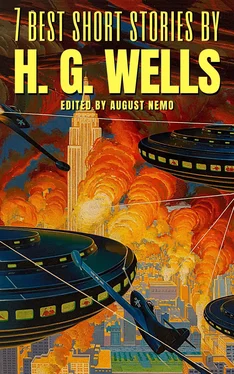






![Коллектив авторов - Best Short Stories [С англо-русским словарем]](/books/26635/kollektiv-avtorov-best-short-stories-s-anglo-thumb.webp)


